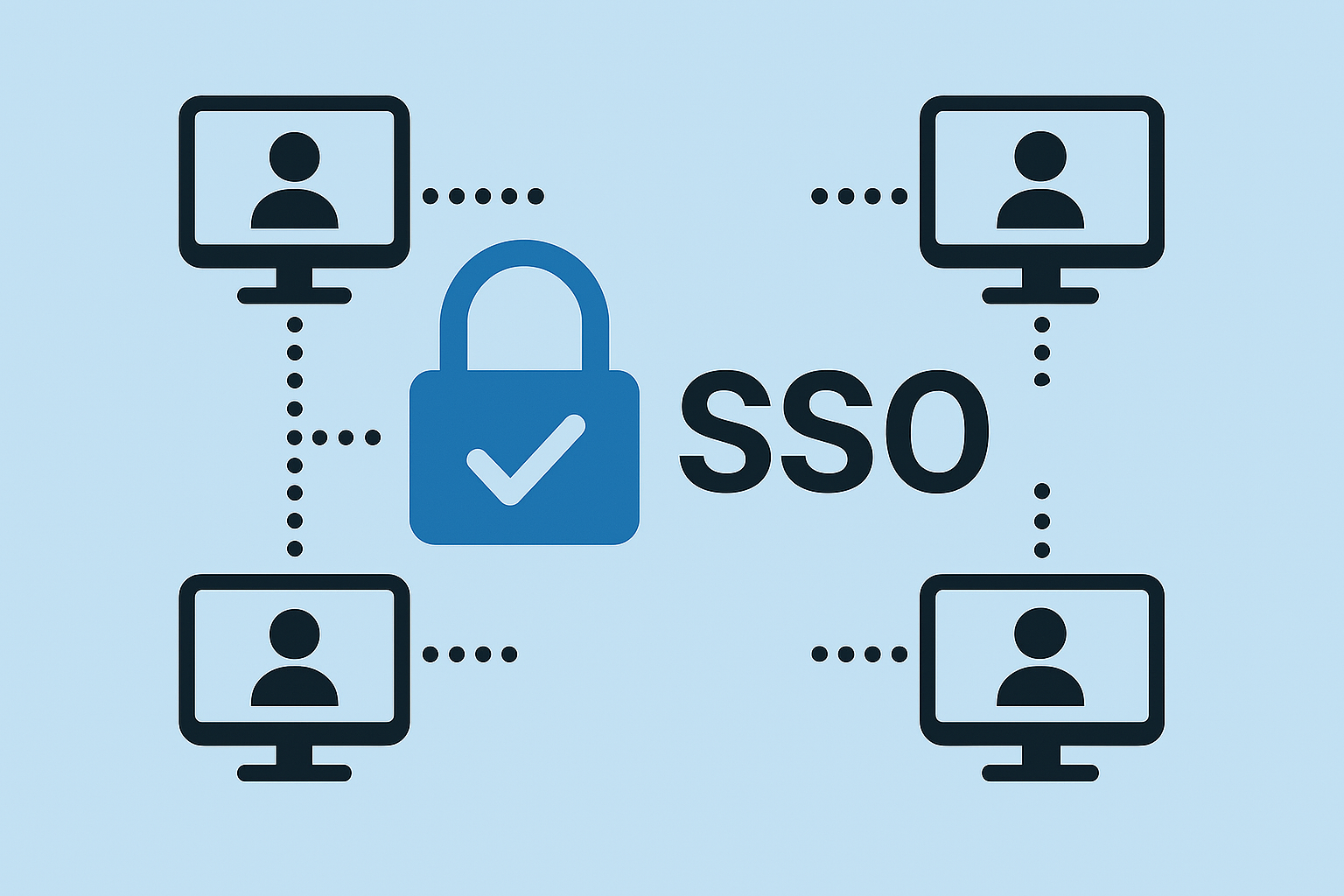In today’s hyperconnected enterprise landscape, where Artificial Intelligence (AI) is deeply embedded into critical workflows and business processes, the way we manage digital identities has become foundational to both security and innovation. Single Sign-On (SSO) has emerged as a cornerstone of digital identity fabric, promising frictionless access and centralized control. However, the AI revolution brings with it both unprecedented opportunities and significant challenges for SSO. This whitepaper explores the strategic implications of SSO in an AI-driven world, examining its evolving role, associated risks, and the innovations needed to future-proof identity management.
Identity as the New Control Plane in an AI-First World
As AI systems gain autonomy in decision-making, access control becomes a critical checkpoint for operational integrity. SSO offers a unified approach to manage access across platforms, making it indispensable in orchestrating both human and machine identities. In AI-centric environments, non-human agents (bots, APIs, ML models) also require trusted identity and access provisioning, further amplifying the importance of a scalable and intelligent SSO infrastructure.

Subscribe to continue reading
Subscribe to get access to the rest of this post and other subscriber-only content.


